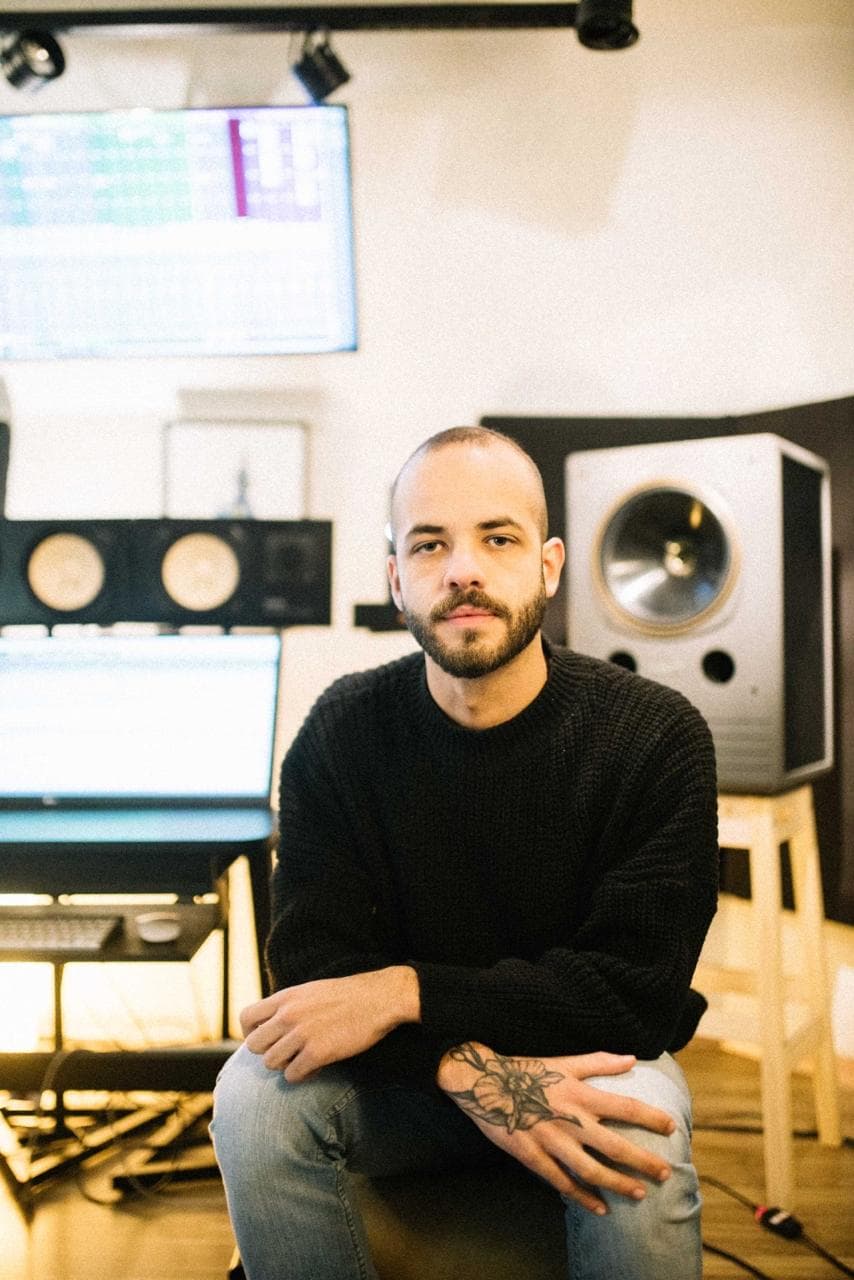With Fast Bounce, I can export an entire album in one night — while I sleep. Before, it took my assistant an entire week. Now I can easily meet the demand for versatile stems with the sound quality artists expect.
— Guigo Berger
Could you introduce yourself and tell us a bit about where you're based and the kind of work you do?
I’m Guigo Berger, a mixing engineer based in Rio de Janeiro, Brazil, where I run my home studio. Over the years I’ve worked on albums and singles like De Primeira by Marina Sena, Novo Mundo by Arnaldo Antunes, Purakê by Gaby Amarantos, and Ainda Já by Ana Carolina. My work has been part of four projects nominated for the Latin Grammy. When I’m not in the studio, I’m out on the road mixing front-of-house for major Brazilian artists, both on national and international tours.

What does a regular workday look like for you — and how do you usually set yourself up to get things done?
I always start my day taking care of my health — running, hitting the gym, or doing some kind of physical activity. Working from home makes it even more important to keep my body moving so I can stay focused and energized. I mix 100% remotely for artists all across Brazil, so a big part of my day is spent communicating with clients: sending and receiving files, going over feedback, and prepping deliveries. Once I sit down to mix, I like to have all communication handled so I can fully focus on the music.
What systems or habits have helped you stay organized and efficient during tight deadlines?
File naming and folder structure are everything. Every file that comes in or goes out follows a consistent format, stored in cloud-based systems with quick-access links and full backups — so nothing ever gets lost. When things get really busy, I work with a mix assistant who preps sessions for me. He’s trained in my templates and workflow, so we can move quickly without sacrificing quality. That support lets me stay creative and still hit every deadline.
Fast Bounce is all about helping with deliverables — stems, versions, alternates… How do you usually handle all of that? Has your process for versioning and file delivery changed over the years?
Since the pandemic, the demand for stems — especially multitracks for live playback systems — has skyrocketed. These days, producers and artists expect to get full mixes, instrumentals, acoustic versions, and other variations as standard. My mix template has evolved to make that process easy, with all routing designed not just for the mix, but for delivery as well. Fast Bounce has been a total game-changer: I can queue up an entire album overnight and wake up to everything ready to send — in the right format and at full quality. The best part is my computer stays free so I can work on other things while the exports run, which means no more bottlenecks.
And finally — what's one piece of advice you'd give to someone getting started in the audio world today?
Make your artists and producers feel confident in you as a professional. Great mixes matter, but so do organization, clear communication, and delivering exactly what you promised, on time. That trust is what builds a reputation — and keeps you getting called back for the next project.